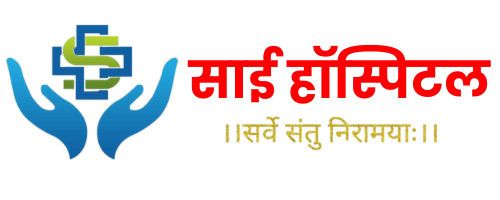Joint pain can make daily life hard. It may cause stiffness, swelling, or discomfort in your knees, hips, or hands. Many people look for natural joint pain relief. Ayurveda, an ancient Indian system of medicine, offers gentle ways to manage joint pain. Ayurvedic remedies for joint pain focus on diet, lifestyle, and herbal support. If you want to try an Ayurvedic diet for healthy joints, this guide will help you get started.
What Is Joint Pain?
Joint pain is any discomfort, soreness, or swelling in one or more joints. Joints are where two bones meet, like your knees, elbows, or fingers. Sometimes, joint pain is mild and goes away quickly. Other times, it can last longer and affect your daily activities. According to Ayurveda, joint pain can be managed with the right diet and lifestyle changes.
Common Causes of Joint Pain (from an Ayurvedic Perspective)
Ayurveda believes that joint pain often happens when there is an imbalance in the body’s energies, called doshas. The main doshas are Vata, Pitta, and Kapha. Joint pain is usually linked to an increase in Vata dosha, which controls movement and dryness in the body. However, other doshas can also play a role.
Other common causes include:
Ayurvedic Diet Tips for Healthy Joints
What you eat can affect your joint health. Ayurveda suggests certain foods to support healthy joints and reduce pain. Here are some Ayurvedic diet tips for joint pain:
On the other hand, try to avoid:
Ayurvedic Lifestyle Tips for Joint Health
Besides diet, your daily habits matter. Ayurveda recommends simple lifestyle changes for natural joint pain relief. Here are some tips:
These habits can help reduce pain and support joint health over time.
Prevention and Daily Care
Taking care of your joints every day can prevent pain and stiffness. For best results, follow these Ayurvedic joint pain tips in India or anywhere:
These steps are based on traditional Ayurvedic texts and expert consensus. However, always check with a healthcare provider before starting new herbs or supplements.
When to Consult an Ayurvedic Specialist
While many people find relief with Ayurvedic remedies for joint pain, some cases need expert care. You should see a qualified Ayurvedic specialist if:
An Ayurvedic doctor can create a plan just for you. They may use herbs, therapies, or special diets based on your needs.
Conclusion
In summary, Ayurveda offers many natural ways to manage joint pain. Eating the right foods, staying active, and following simple daily habits can support healthy joints. However, everyone is different. For the best results, consult a qualified Ayurvedic specialist for personalized joint pain management.

